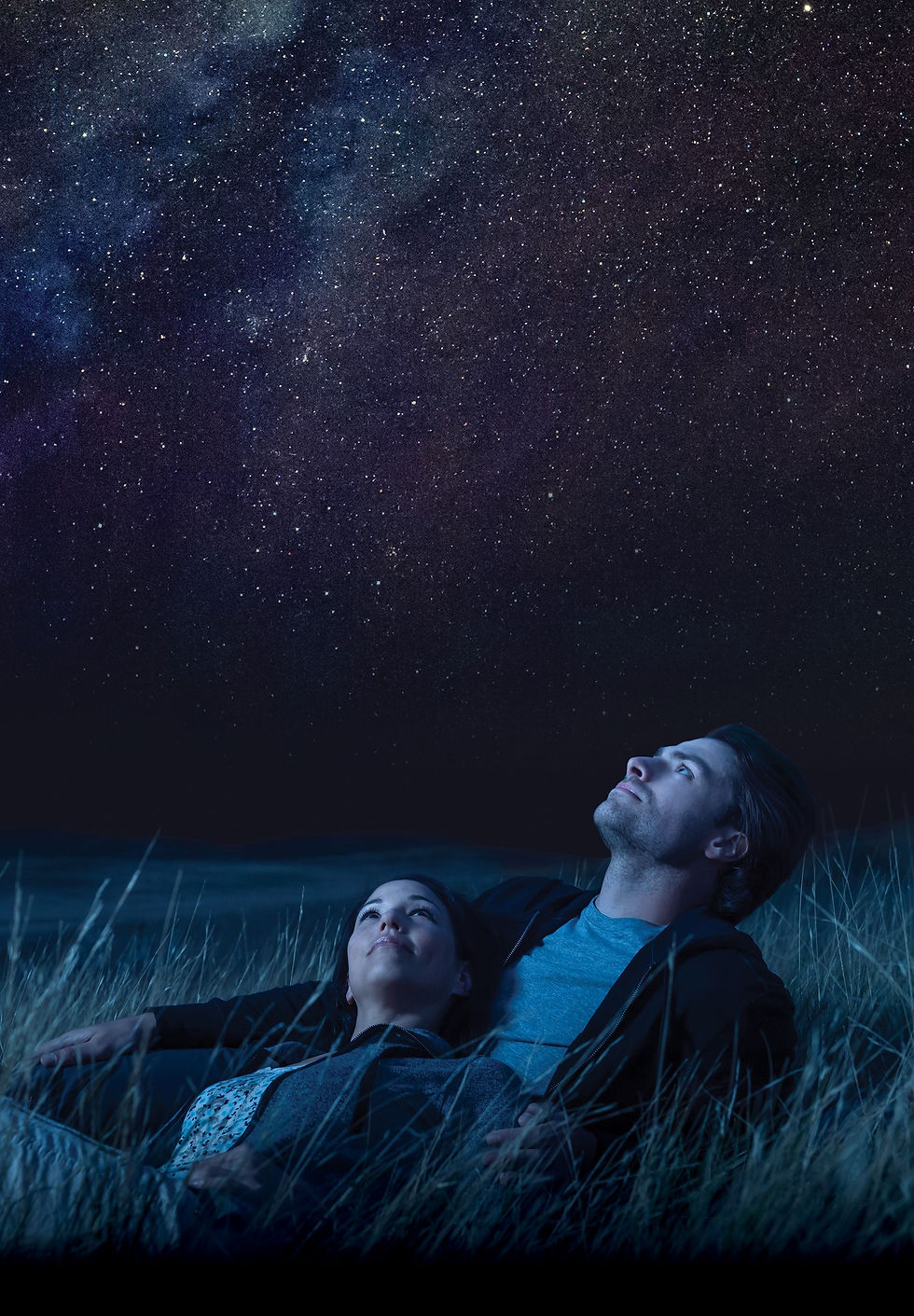Photographing Grasslands National Park
- Karin Schreiber

- Jun 1, 2023
- 3 min read
Updated: Jul 9, 2024

Canada’s prairie province Saskatchewan is home to two national parks. One of them, Grasslands National Park, is a 730-sq. km expanse of grassy hills, river valleys and endless horizons. Massive vistas make the park a “must capture” destination for any landscape photographer.
Unique Views and Endless Horizons
Both sections of the park offer unique views and finding scenery to photograph is no challenge. Some sights are right out of the car window via the 20-km Ecotour Scenic Drive. Other destinations will take more effort to hike.

In the West Block, the short trail to 70 Mile Butte is somewhat steep and culminates in a broad perspective of the Frenchman River Valley. Broken Hills Trail is a longer endeavour that boasts one of the few 360-degree panoramas of the park. The rugged path of Otter Basin is a challenging trail that takes you to the highest elevation in the park.

The East Block offers distinctly wild vistas set apart by an eroded landscape with exposed history. Drive the paved 11-km Badlands Parkway and enjoy one of the six scenic viewpoints or hike the Valley of 1,000 Devils route to venture into the heart of the badlands.

Abundant Wildlife in the West Block
Wildlife photographers will be drawn to the abundant wildlife in the West Block.
This section is home to the park’s free-roaming bison population. Travelling on the Ecotour Scenic Drive is a good way to cover some ground looking for a herd. Stop at any of the seven pull-offs to view information panels that provide interpretation of the prairie landscape.
If you don’t encounter bison from the road, consider taking the Timbergulch Trail. The 15-km loop ventures through some of their preferred territory. Remember that these are wild animals, so maintain a distance of at least 100 m when on foot near bison.

Deer and pronghorn are often spotted in the park. The combination of hills, buttes and exposed treeless areas make the grasslands a great place for observing animals.
The West Block is also the only natural habitat in Canada for the black-tailed prairie dog. There are many colonies across the park where you can find the rodents. Top Dog and Larson colonies are accessible on the Ecotour Scenic Drive. A few others like Monument A and Police Coulee colonies are found alongside trails.

A few species of animals in the park make their homes in vacant burrows. A keen lens might spot a rattlesnake, black widow spider or burrowing owl. Burrowing owls are crepuscular, so the best time to spot them is at dusk and dawn.
Largest Dark Sky Preserve in Canada
Astrophotographers will appreciate that Grasslands National Park is the largest and darkest Dark Sky Preserve in Canada. It is easy to lose sight of familiar constellations with so many stars visible to the naked eye. Long exposures with a camera will reveal an expanse of ancient light.

Parks Canada recommends the Belza Day Use Site, Two Trees Trail, Frenchman Valley Campground, Rock Creek Campground or the parking areas along the Badlands Parkway for car-accessible stargazing and astrophotography. It is advised to limit your travel at night because the terrain can be difficult. Watch for deer and other animals crossing the roads.
Your compositions can be made more interesting by placing subjects in the foreground. Remnants of early ranching life, such as the Larson Homestead, can be found close to the Frenchman River Campground. The impressive landscape on the horizon can also elevate the interest of your photos.
Network, learn and share with other night sky photographers and astronomers. Grasslands National Park hosts Beyond the Big Dipper events, in partnership with the Royal Astronomical Society.
Remember to do your research and take safety precautions when photographing the grasslands. Enjoy the wildlife, land and sky. Share your photographs with us at #ExploreSask.
Further information on Saskatchewan can be found at www.tourismsaskatchewan.com.



Comments